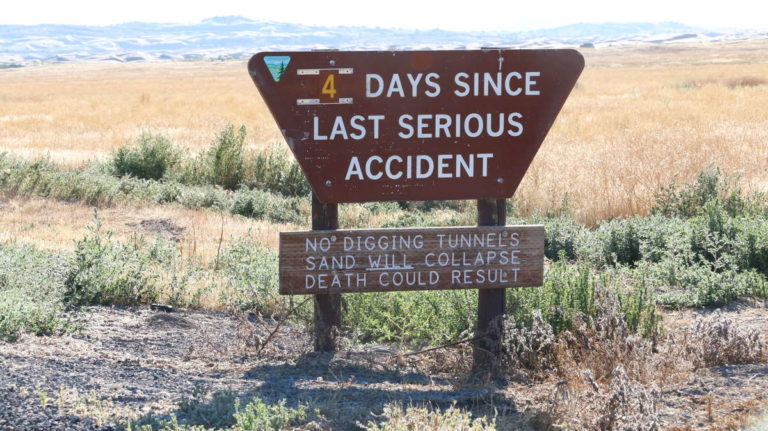Very nice, one of the major german NPR radio stations requested me as an expert for Hacking the Bundestag. Once Again, a radio interview. 🙂
Hackerangriffe auf den Bundestag – Die Verwundbarkeit der Politik
“Im Jahr 2015 sorgte ein Bundestagshack für großen Schrecken. Anfang dieses Jahres alarmierte ein Datenangriff auf Politiker die Sicherheitsbehörden. Inzwischen soll das Netz aktuellen Sicherheitsstandards genügen – doch es bleiben Schwachstellen.”
(Deutschlandfunk Kultur, Zeitfragen | Beitrag vom 25.03.2019, Hackerangriffe auf den Bundestag, Die Verwundbarkeit der Politik)
And here:
Wahlmanipulation – Sicherheitslücken der Demokratie
“Mitte Mai 2015 bemerkte die IT-Abteilung des deutschen Bundestages: Hier stimmt etwas nicht. Was genau? Das ist bis heute nicht ganz klar, erklärt Markus Feilner. “Die Details sind nicht ganz geklärt und es wird sich wahrscheinlich auch nie klären lassen.” Der IT-Journalist Feilner hat versucht, den Hack 2015 nachzuzeichnen. Sicher ist, dass die Netzverwaltung des Bundestages, basierend auf dem System eines US-Konzerns, zumindest falsch konfiguriert war. So hatten mehr Mitarbeitende höchste Systemrechte im Netzwerk als nötig und gut war. Unter anderem über diese Schwachstelle konnten die Angreifenden in die Netze eindringen. “Grundlegende Sicherheitsaspekte wurden nicht beachtet” Entsprechend lautet Feilners Fazit noch heute: “Der Bundestagshack war insofern besonders erschreckend, weil wir bei der Recherche feststellen mussten, dass grundlegende Sicherheitsaspekte nicht beachtet oder bedacht wurden.”
(…)
“Die Situation ist gegenüber der letzten Bundestagswahl quasi unverändert. Was aus meiner Sicht eigentlich ein Skandal ist. Das heißt, es wird immer noch Software eingesetzt, die eigentlich nicht eingesetzt werden sollte und die anfällig ist.”
(DLF, Computer und Kommunikation | 30.03.2019 Wahlmanipulation, Sicherheitslücken der Demokratie)
 … For years I have been talking about the dangers of QR codes…. well here’s one of the convenient Apple preload functions, I assume, messing it up:
… For years I have been talking about the dangers of QR codes…. well here’s one of the convenient Apple preload functions, I assume, messing it up: